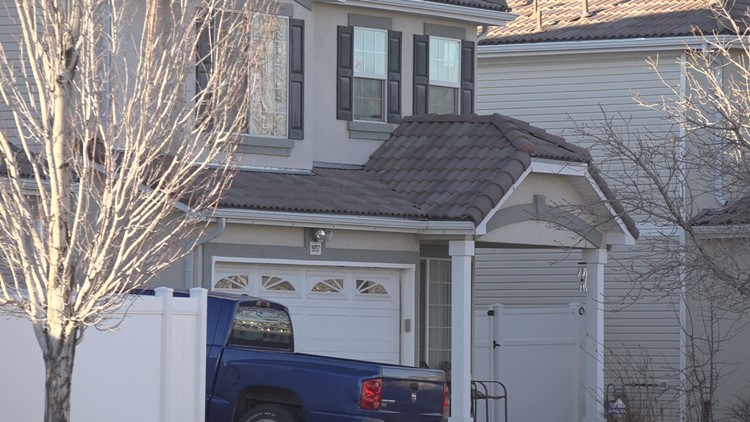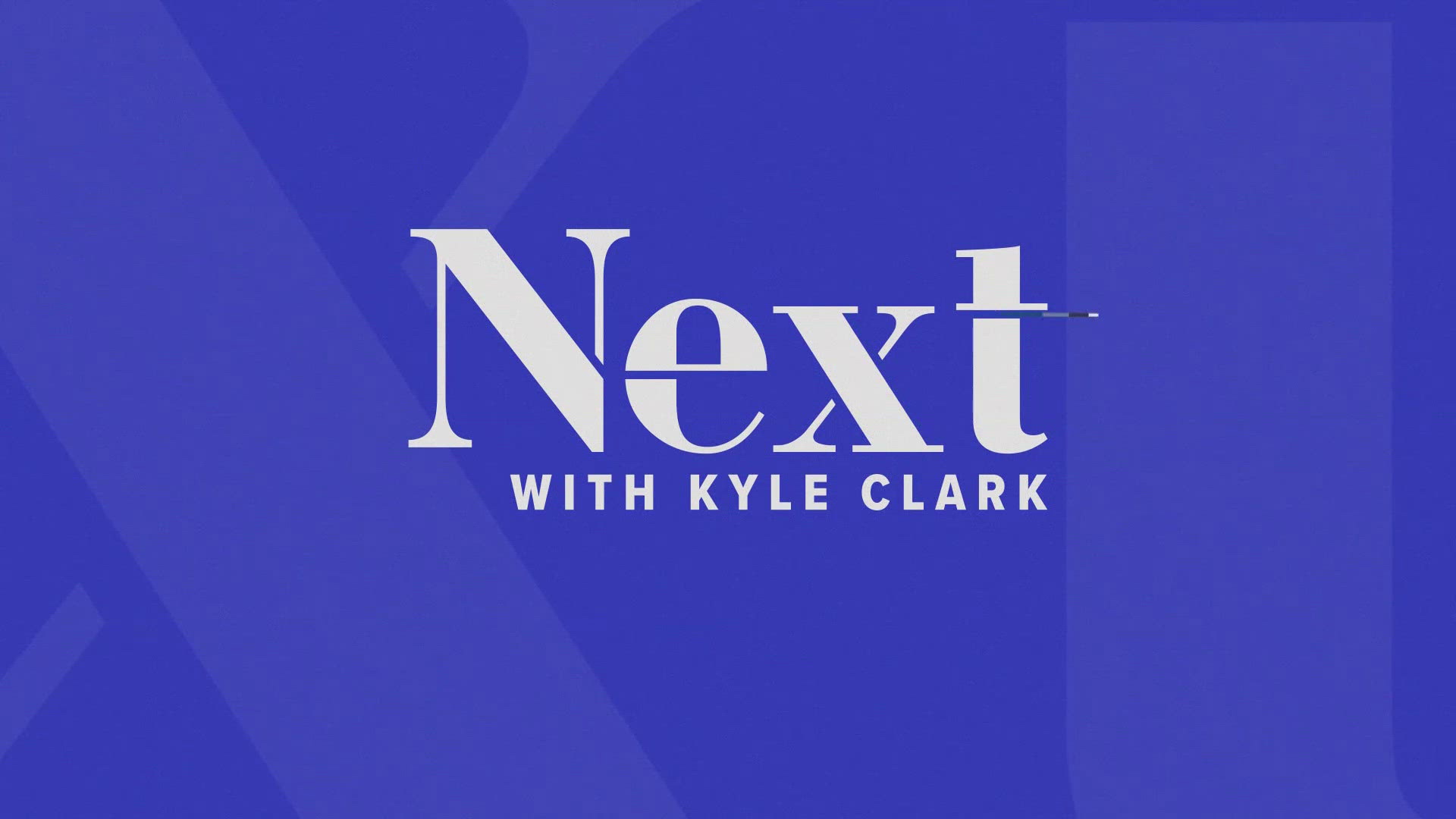Amanda Eggert and her husband loved their Green Valley Ranch home when they bought it in December 2016.
“We were so excited. It was New Year's Eve the night that we closed,” Eggert said. “We were like, ‘Oh, a new year. We're getting married this next year. It's so awesome; it's so cool.’”
But now Eggert asks her husband to check the mailbox when he gets home from work because she’s too afraid of what might be waiting inside.
The newlywed couple is waiting on a “notice of violation” from the City of Denver telling them when to sell their house and for how much.
The Eggerts, like their neighbor who 9NEWS interviewed earlier this month, bought a home that’s supposed to be part of Denver’s affordable housing program.
Those houses are supposed to be price-controlled for 20 years.
In Denver's current housing market, they'd have to sell to qualifying buyers at a price tens of thousands of dollars below market value.
The restriction on Eggert's home won't lift until 2024. And they aren’t the only ones.
After 9NEWS began compiling a list of the homes affected, Office of Economic Development spokesman Derek Woodbury revealed Tuesday that the city believes 300 homes in the program may be "out of compliance."
Before that admission, 9NEWS talked to more than 20 homeowners who said they also had no idea they were buying an income-restricted home. A handful are owned by rental companies despite the fact that the deed restriction bans renting the homes to tenants.
“Suspected issues range from possible rental situations, to improper transfer of the property to an estate, trust, LLC or non-income-verified buyer, to acquisition of the property by a non-income-verified buyer,” Woodbury wrote in an email.
PREVIOUS STORIES:
In January, owners of homes in the program started receiving letters that the city says was meant as a reminder of the restrictions. That’s how many of the homeowners who unintentionally bought restricted homes-- including the Eggerts-- found out.
Woodbury told 9NEWS the city doesn’t want to force people out of their homes, but it also has a interest in keeping these properties in the affordable housing program to help lower-income buyers.
“We are in the process of reaching out to homeowners regarding all suspected issues within approximately the next week,” Woodbury said.
The city didn't commit to keeping the homeowners in their houses, but did tell us that it's "considering a non-traditional approach in order to give individuals ample time to bring their property into compliance.”
Eggbert wants to keep her home or at least get the difference between its current market value and the city's maximum sale price, which she figures is about $60,000 lower.
If they can’t recoup that money, the couple will likely stop being homeowners, return to renting and save for another down payment.
“They need to make sure that they’re not forcing their citizens out of homes; people who worked really hard to get there … ,” Eggbert said. “It’s not the right thing to do.”



